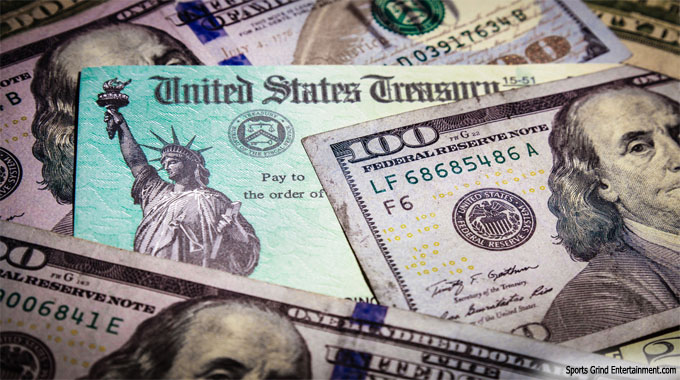Accounting, Auditing and Reporting in Thailand
Accounting period
Newly established business entities can choose a date for the initial accounting period. After that, accounts must be closed every twelve months.
If an entity wants to change its accounting period, it must obtain written approval from the Commercial Registration Department and the Revenue Department.

Account Book
The Accounts Act 2000 regulates the rules regarding accounting of accounts and supporting documents.
The law also stipulates qualifications from bookkeepers, who must be Thai residents, proficient in Thai, and graduates from vocational high schools or universities with a minimum Bachelor of Accounting degree.
The Civil and Commercial Code also provides general rules about accounts that must be maintained.
Recording accounting entries can be done in English, but a Thai translation must be added. All accounting entries must be written in ink, typed or printed. The computerized accounting system should be registered with the Department of Commerce and the Department of …













